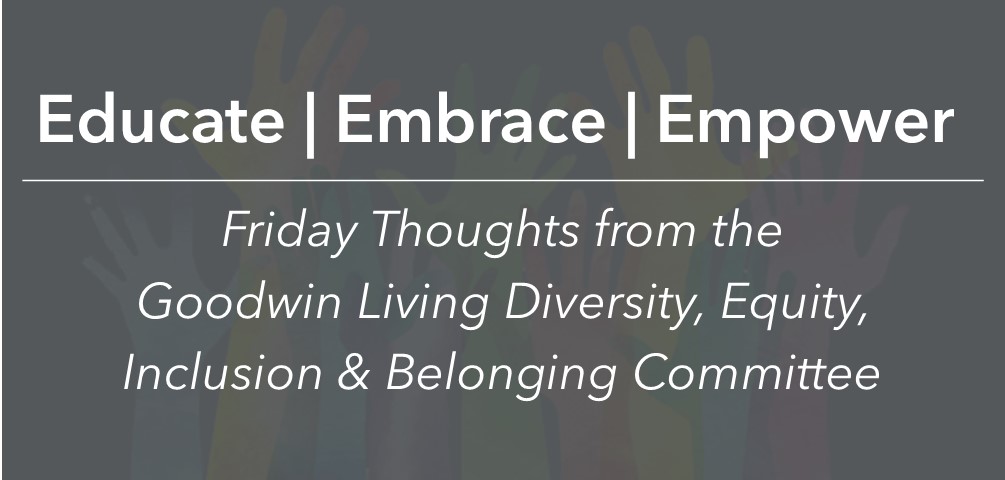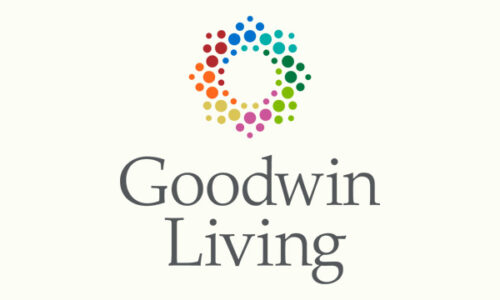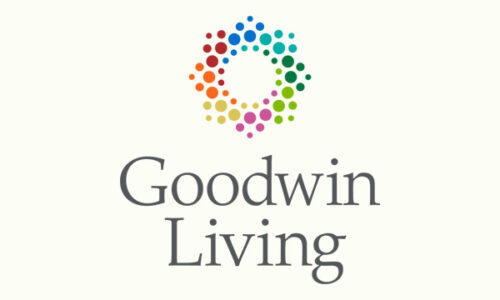by Abigail Hanlon, GHA Music Therapist
Throughout my life, there has been a series of people who have been my lighthouses – people who have guided me on my journey.
As a queer person, I, like most, started my journey of self-discovery in the closet. The first person that queer people come out to is themselves, and it remained that way for me for a good while. During this time, I explored queer representation through TV shows, books, movies, music and by observing other individuals who were outwardly queer. This was a way of feeling close to my community while existing within the confines of the closet. These people were my lighthouses. They lit the way when I was unable to see a way forward.
Being queer or a member of any marginalized group isn’t easy, especially in the current state of our society and for those whose intersectionality consists of multiple marginalized identities. The messages that we receive from the media and people in government are ones that induce shame and isolation. For these older adults who lived through difficult times such as the AIDS epidemic, segregation or McCarthyism, I can imagine the current political and societal environment feels dangerously familiar.
A colleague recently told me that 78% of older adults go back into the closet when they enter senior living communities. I was shocked at how high that number is. And I imagine that number might increase over the next few years, if it hasn’t already. Only 20% of the 1.5 million queer adults over the age of 65 feel comfortable about being open about their identity and sexuality, according to a study by the nonprofit company Justice for Aging. SAGE, an organization devoted to advocating for queer older adults, reported that only 18% of senior living facilities have protections against discriminatory actions towards LGBTQIA+ seniors. Another SAGE report stated that more than half of queer older adults faced discrimination when applying for housing. Seeing these statistics, it makes sense why older adults would consider re-closeting themselves. As someone who has become very familiar with the inside of the closet, I can tell you it’s not the most desirable way to live. It can be isolating, constricting and exhausting.
This generation of older adults, especially those who are marginalized, is unique. Many of them are the reason we have made this much social progress. They are strong in their beliefs of equality and willing to fight for what they think is right and true. They have been unapologetically themselves, even in the face of great danger and assault. Some of their most radical acts have been weaving together a resilient community, creating spaces where people can express their authentic selves and taking care of those on the fringes of society. When they’ve been denied a seat at the table, they built their own table with enough chairs for everyone to join.
I owe a lot to this generation of queer and marginalized older adults. They’ve paved the way for me to feel like I can be open with my queerness. I can hold my partner’s hand in public. I’m protected from discrimination at work. And, most importantly for me, I now have the right to get married.
Joining the DEIB committee allows me to further its mission of empowering, educating and embracing all members of the Goodwin Living community. I want to extend to the Goodwin Living community members the same amount of care, allyship and advocacy these older adults gave for me and my future. And, maybe one day, I’ll pay it back by being a lighthouse for someone else.
___________________________________________________
Goodwin Living DEIB Committee: Statement of Purpose: Educate, Embrace and Empower team members, residents, members* and all served by Goodwin Living to support Diversity, Equity, Inclusion and Belonging.
Goodwin Living DEIB Committee Desired Outcome: The Diversity, Equity, Inclusion and Belonging Committee (DEIB) will seek open and honest communication and collaboration that will inform and celebrate the age, culture, ethnicity and sexual orientation of team members, residents, members* and all served by Goodwin Living without bias.
*Members include Priority Club members and Goodwin Living At Home.
Questions or comments? Please contact us DEIB@GoodwinLiving.org





